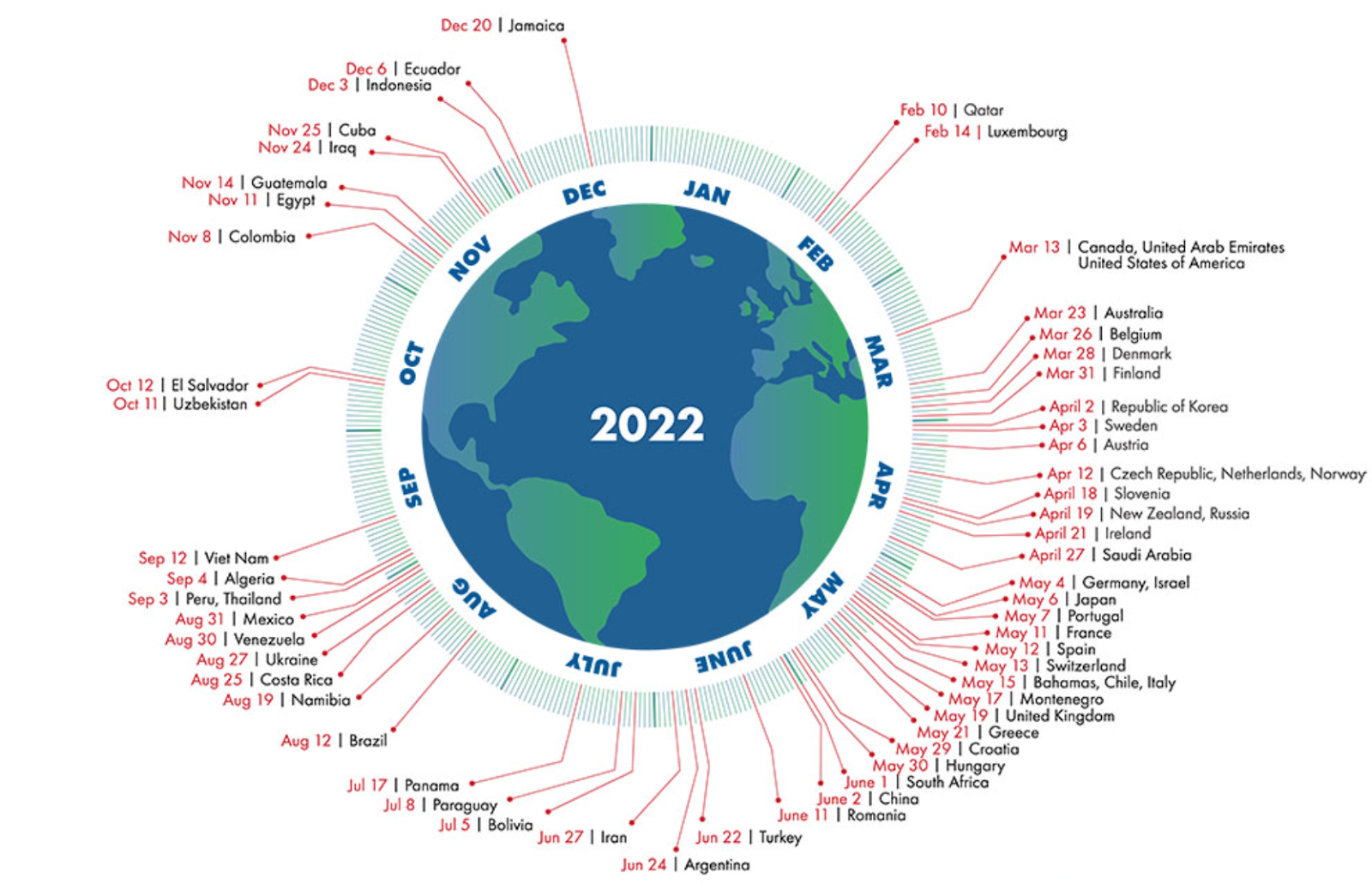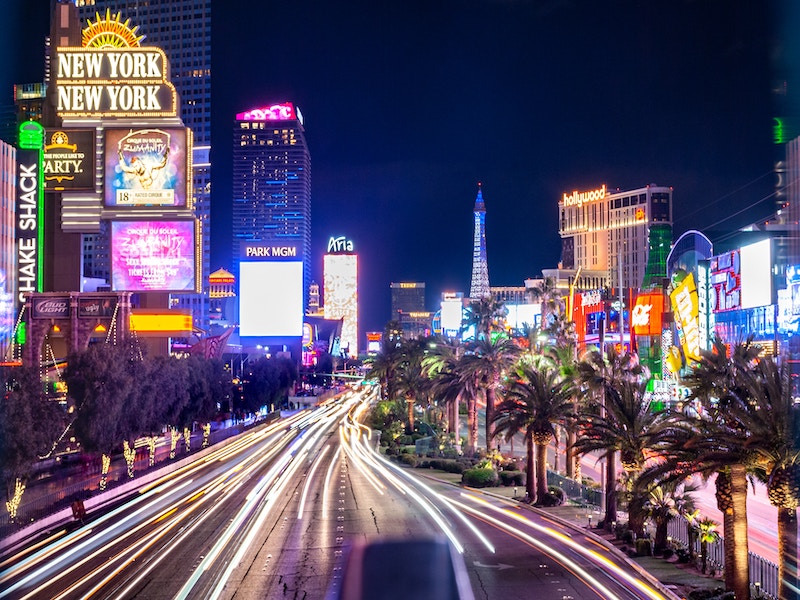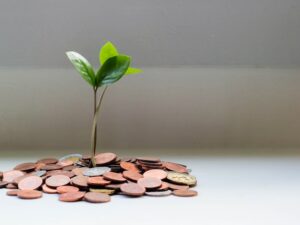High Western living standards present a profound moral dilemma
It’s all about the money. Fast cars, big houses, lavish lifestyles. Living your best life is consumerism on steroids. Such lifestyles, while glamorised by society at large, are clearly anything but sustainable. If we take things down a notch, Western lifestyles are associated with high incomes. High incomes translate into high living standards. The Western lifestyle is aspirational for most because it’s seen as the good life. But is it sustainable? A good way to answer that question is to ask another — can every person attain the same living standards enjoyed in the West? If not, then Western living standards present a profound moral dilemma.
The thing about consumption is that every single thing we consume has a carbon footprint. The footprint of a product (or action) is the best estimate we can get of the emissions produced by that product or action. In How Bad Are Bananas? The Carbon Footprint of Nearly Everything, Mike Berners Lee calculates how much carbon is released by products we buy or things we do, from a text message (releasing under 10 grams of carbon dioxide (CO2)) to buying 12 eggs (releasing 3.6 kg of CO2), to buying a new car (releasing 6 tonnes of CO2). The point is that the more energy-intensive (and unsustainable) our lifestyles are, the higher our carbon footprint. On an individual level, this means the richest individuals contribute the most to increasing emissions. On a national level, this means the richest nations are mainly responsible for greenhouse gas emissions.
Earth Overshoot Day symbolises how unsustainable the current state of affairs is. Earth Overshoot Day marks the date when “humanity’s demand for ecological resources and services in a given year exceeds what Earth can regenerate in that year.” In 2022, Earth Overshoot Day landed on 28 July, but that’s when we look at demands on an overall level. The visual shows the date overshoot would land if everyone lived like the people in that country. If we all lived like Jamaicans, Earth Overshoot Day would land on 20 December — meaning we’d still be overshooting but would be much closer to living within Earth’s regenerative capacity. On the other hand, if everyone lived the same way as people in Qatar, we would exceed Earth’s carrying capacity on 10 February — a terrifying prospect.

What’s clear from the visual is that humanity is out of balance. Some countries consume far too much, and others don’t consume enough. What it doesn’t reveal, though, is that consumption is highly unequal and correlates with levels of inequality. Since 1990, the richest 10 per cent of the world’s population has been responsible for 52 per cent of carbon emissions, while consuming 20 times as much energy as the poorest 10 per cent. Energy consumption varies widely between and within countries. The poorest 20 per cent of the citizens in the UK consume over five times more energy per person than the poorest 84 per cent of people in India.
Another thing is that many developing nations don’t appear in the visual at all. This isn’t because they live in sustainable societies where individual needs are met within environmental limits, but rather the opposite; lots of people’s basic needs aren’t being met. It should be a cause for celebration then that the global middle class is estimated to reach 5.3 billion people by 2030. But this celebration is tainted by the fact it will lead to increased consumption and, with it, increasing dependence on the environment for more throughputs of energy and resources.
From the perspective of social development, more people with more disposable income is a good thing. But from the perspective of the environment, more people joining the consumer class means we exacerbate ecological overshoot. Social development, as we conceive of it, is incompatible with creating a sustainable society because development is the very thing that leads to unsustainable outcomes.
The inescapable conclusion is that Western living standards are incompatible with a sustainable society where each person’s needs are met within environmental limits. That is a rather unsavoury conclusion no Western government or their citizens would ever accept. After all, who would want to make sacrifices to their living standards? What this all suggests is that for the West to maintain high living standards, no one else can join the party. In other words, a majority must remain poor for the minority to maintain higher living standards, and that would still mean we remain in a state of overshoot. For all to thrive, some must make sacrifices. If those in the West refuse to do so, then we all lose. Given most people are driven by their own self-interest, it appears the decision has already been made, so we’ll continue to increase overshoot and continue sleepwalking towards social collapse.



